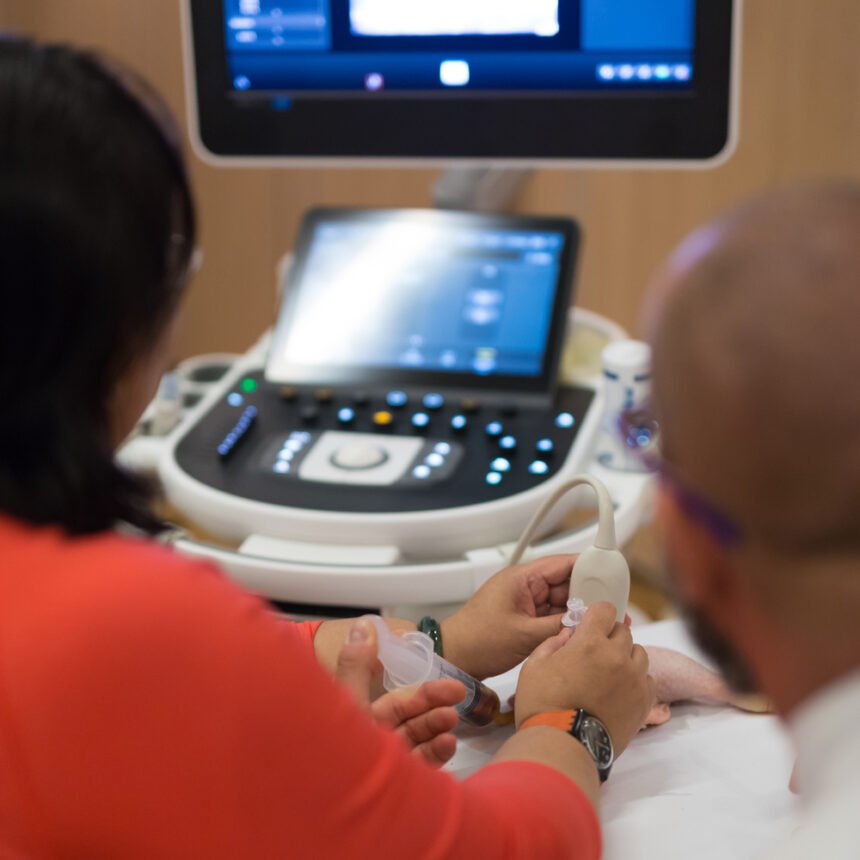Is our health industry ready for the transformation of the human health care procedures? As machine learning tools are on their way to bring innovation and improvements in human healthcare experience Artificial intelligence (AI) and machine learning are going to revolutionize the healthcare industry, now there will be machine-to-person interaction to get timely, better and more accurate diagnosis. The innovators are envisaging that this change will bring more refined clinical decisions, make the EHR workflows glibber and will build a strong interaction and relationship between the patients and the clinical staff. AI development and its advancements in healthcare has always been a major subject among healthcare providers and health care IT vendors as they have always been certain of their leadership on any revolution in the health industry. It might be right, because initial research on these tools/analytics such as decision support processing and natural language showed tremendous results and now it is being said that it will beat the human in some specific errands. IOT, internet of things in which major analytics of machine learning are involved i.e. database analytics, natural language, and imaging analytics. Their methodology is being modeled in a way that will make machine learning more than just a device to drive decisions in order to get best results. Likewise, IT vendors of health and health care organizations are planning to revolutionize the healthcare with machine-human interaction which will be done through virtual personal assistants, ambient computing and augmented reality. With all these advancements in healthcare, there might be some issues related to privacy, the safety of patients and to some extent there comes a liability on these healthcare institutions. For the reasons, this extremely controlled sector is moving cautiously. Mitel created a cross-industry poll recently, and the results were very amazing about 80% of the respondents were certain that machine and human interaction will transform the healthcare industry. It is also said that machine to human interaction will swing the relationship between consumers and business from transactional to experiential. For the service providers, consumer experience will become as significant as the other services. Now health care institutions and IT vendors are looking for some other different methods to make the machine to human interaction better. There are several benefits that these machine skills will provide to the patients and their families, for instance this will help the patient to connect with right doctor or clinician during their care journey, moreover it will also help the individuals to find and navigate the hospitals, as well as machine will also aid in supervision of chronic disease with text message alerts regarding blood pressure or sugar level control etc. This way, customer care service has become multi-channel bringing video, voice, and text together along extremely personalized experience to the customers. It is also said, that those businesses who will implement these technologies successfully today, will be the winners of tomorrow but a question arises here, how quickly they will be there at winner?s ring as most of the organizations are still in initial phases of data analytics. In the recent poll by ISACA found that when it comes big data management the executives of most of the IT firms including health care become ignorant. So, organizations which are having data shy executives will less likely be fit for the products like AI and machine learning. Likewise, in the Mitel poll, most of the respondents said that in order to enhance the customer experience there is a lot of need to accelerate the process. So there exists a central disconnect between IT executives and IT goals making it difficult to accelerate the process. Healthcare department is slower than the other departments in the industry and its consumers, on the other hand, are way different in terms of their privacy and concerns than others retail or financial customers. Let see, how long will it take to the organizations to reach that point where customers get ultimate experience of the machine learning to human interaction and transformation and automation in the healthcare. Originally Published on Healthitanalytics
How Soon Will Healthcare Connect Machine Learning with Consumers?

Share This Article
